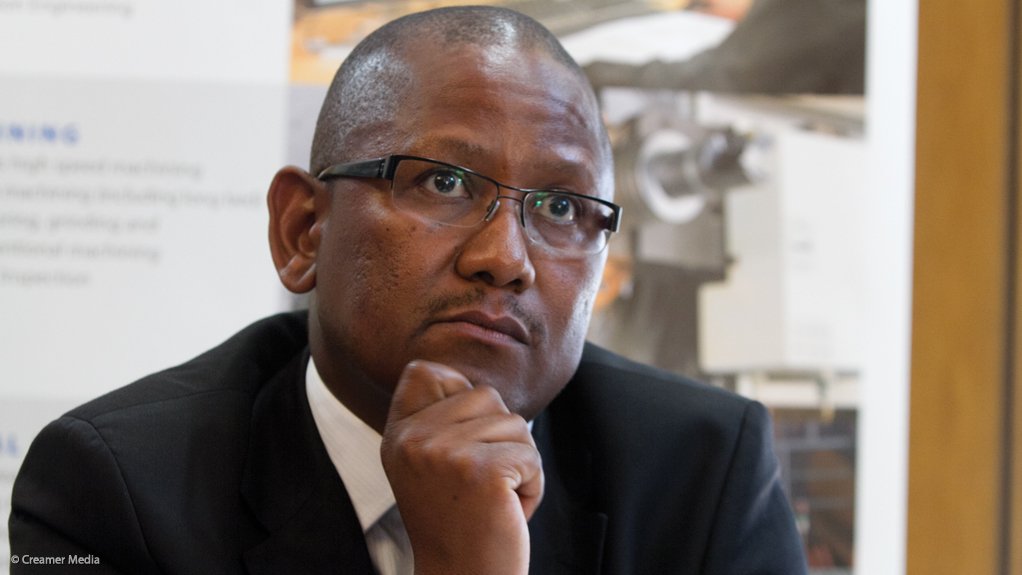A briefing to Parliament’s Portfolio Committee on Public Enterprises by the top management of Denel on Wednesday brought home the scale of the collapse at the State-owned defence industrial group over the past seven years. (In their presentation, Denel executives used 2016 as their baseline year.)
From a staff complement of 4 952 in 2016, the group has fallen to a headcount of just 1 670 this year. From an orderbook worth R23.584-billion in 2016, it now has one worth R8.795-billion. Revenues have gone from R8.229-billion in 2016 to R1.466-billion for the financial year ending March 31 this year.
Regarding the group’s solvency, it had been insolvent from 2019 to 2022 inclusive. Its losses had been R2.699-billion in 2019, R2.916-billion in 2020, R2.926-billion in 2021, and R0.768-billion in 2022. The massive reduction in the figure for 2022 was due to the injection of funds by government. A further such injection has brought the group back into solvency (to the tune of R3.62-billion) this year. The most recent allocation to Denel by National Treasury totalled R3.4-billion, and became available with effect from March 31 this year, of which R1.8-billion had been made immediately available.
“We are in the process of stabilising the organisation, particularly on the human resources side,” Denel interim Group CEO Mike Kgobe assured the Committee. The company is seeking to re-establish the correct skills mix for its needs, because the large-scale staff exodus has resulted in an unbalanced range of skills among its remaining people. The Denel Technical Academy is being reorganised and an integrated talent management strategy is being developed.
The company is implementing its turnaround strategy, although this is progressing more slowly than planned. Government funding is needed to implement the turnaround plan, but to make the company sustainable, structural changes have to be made at Denel. The group needs a new business model, which has been developed and is being implemented.
The turnaround plan has three phases – stabilise, sustain, grow. Kgobe reported that Denel had now been, by and large, stabilised. With this achieved, the restructuring of the business (essential for the “sustain” phase) is now under way. And Denel is also starting to move into the “grow” phase.
Regarding “sustain”, part of this is an effort to secure Denel’s existing customer base, including the South African National Defence Force (SANDF). Kgobe pointed out that virtually every armoured vehicle in the South African Army (SA Army) had been produced by the group, and that the group had supplied both weapons and other systems to, and provided key maintenance support for, the South African Air Force (SAAF) and the South African Navy. Loss of Denel’s capabilities will mean that the SANDF will have to rely on imported systems in future andthis will mean that it will have no security of supply.
Following discussions with arms procurement agency Armscor and the Department of Defence, Denel is reactivating new equipment programmes for the SANDF that had been paused. One of these was the Hoefyster programme for the SA Army’s new infantry fighting vehicle, the Badger, that had been paused for five years. Another was the A-Darter air-to-air missile for the SAAF.
Regarding the “grow” phase, the company was now identifying opportunities. It had received requests for information and requests for proposals from other countries. The group hoped to secure new orders, and have a growth trajectory emerging, by the end of July next year.
EMAIL THIS ARTICLE SAVE THIS ARTICLE ARTICLE ENQUIRY
To subscribe email subscriptions@creamermedia.co.za or click here
To advertise email advertising@creamermedia.co.za or click here











